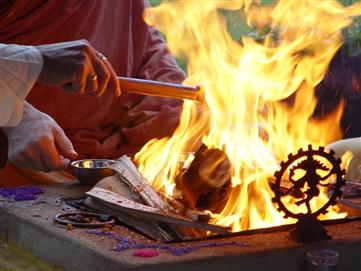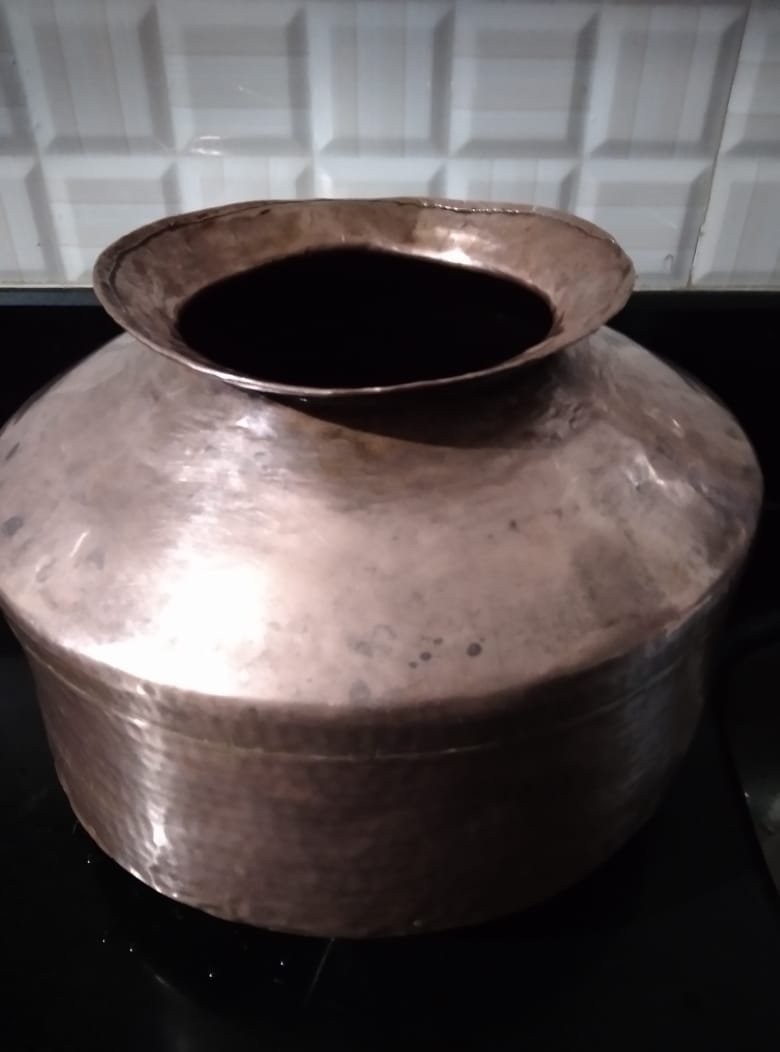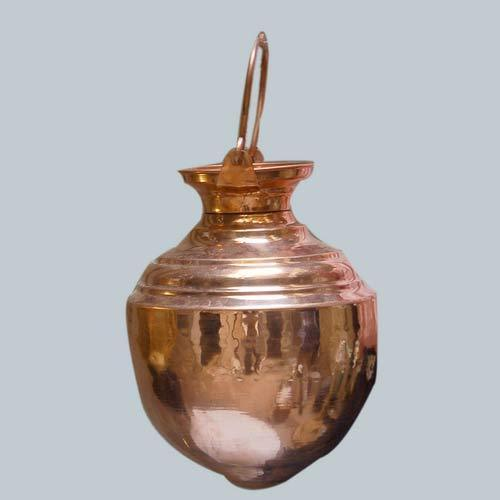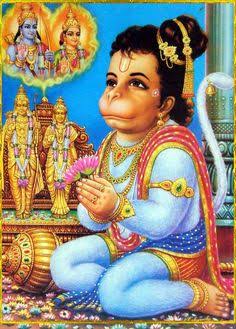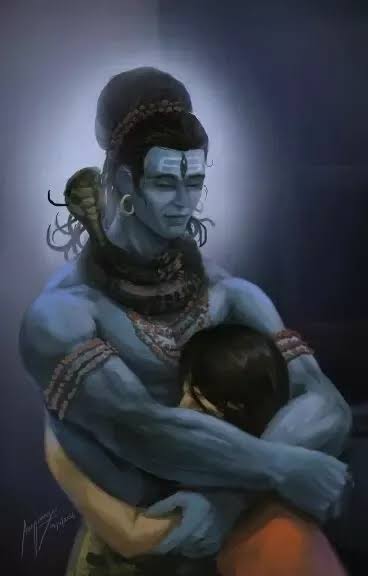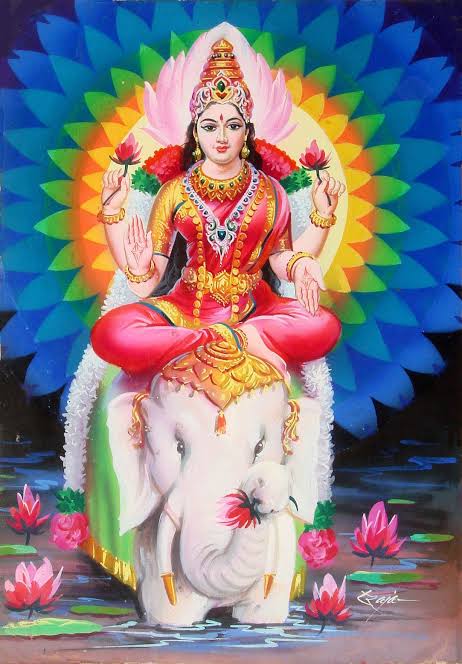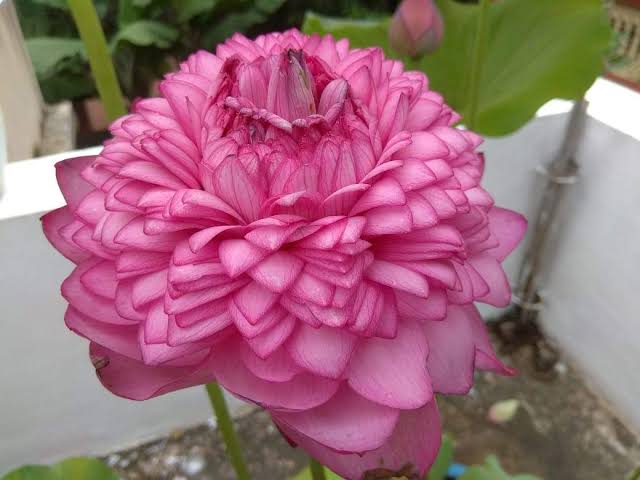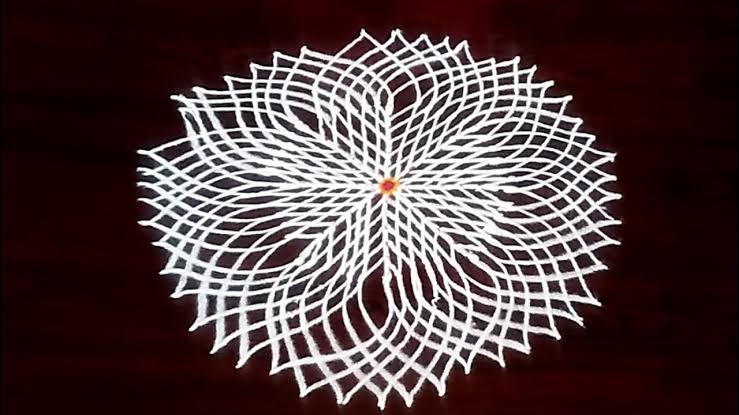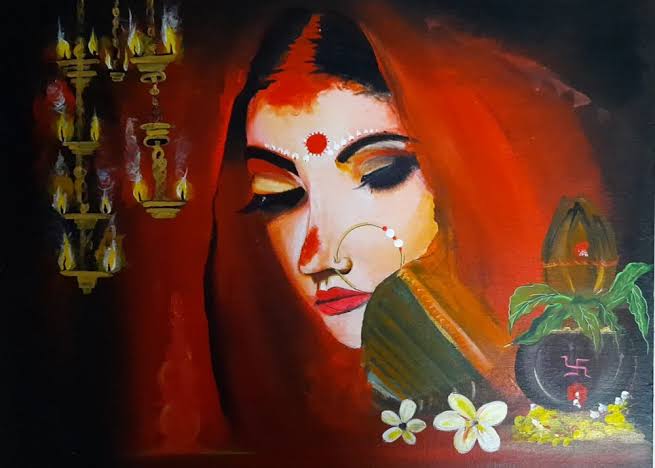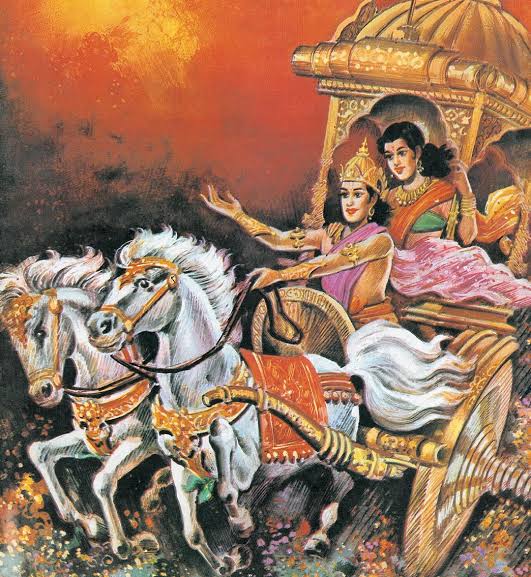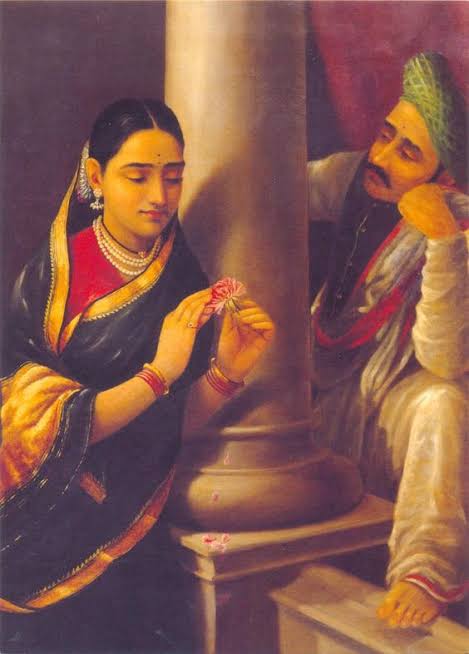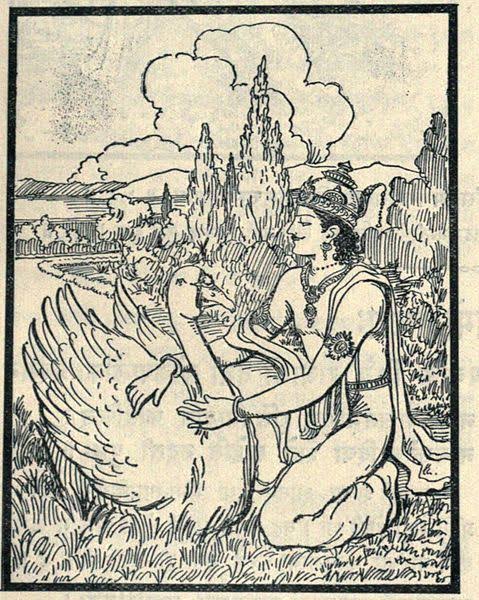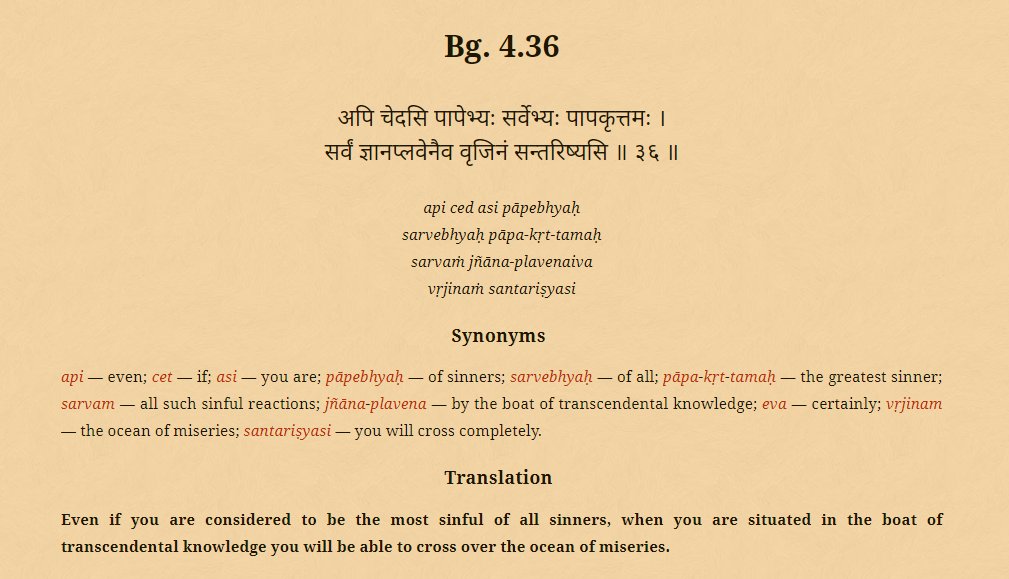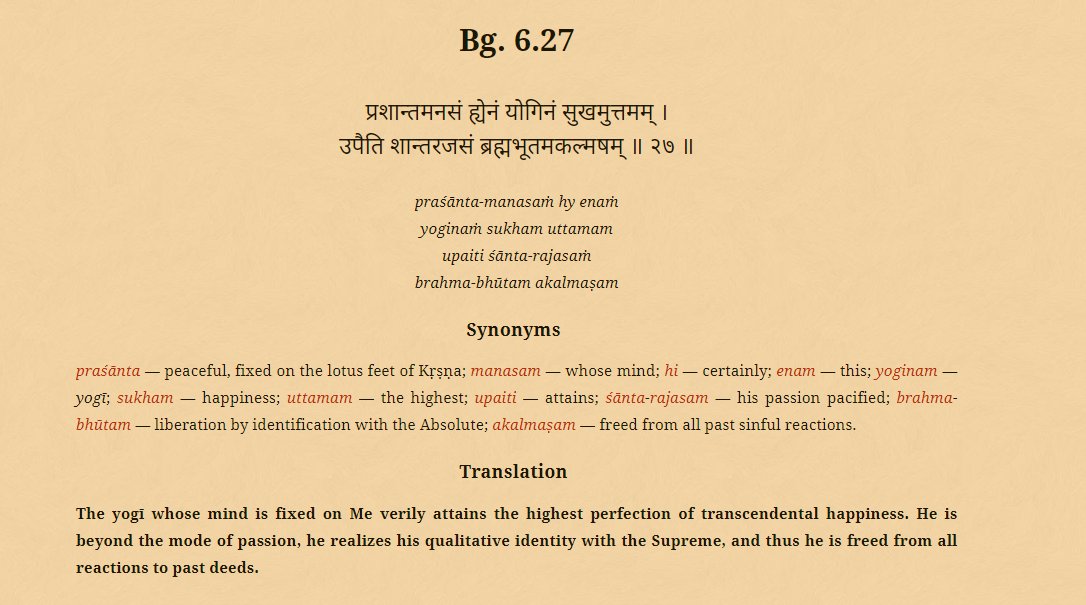
An interesting Question : Why does the Jiva reside in Brahman during deep sleep (its called Sushupti in Sanskrit)?
The answer to above question is explained in the Chhandogya Upanishad - Aadhyaya-6, Khanda-8.
Lets go through it in 3 sub questions: 👇
The answer to above question is explained in the Chhandogya Upanishad - Aadhyaya-6, Khanda-8.
Lets go through it in 3 sub questions: 👇
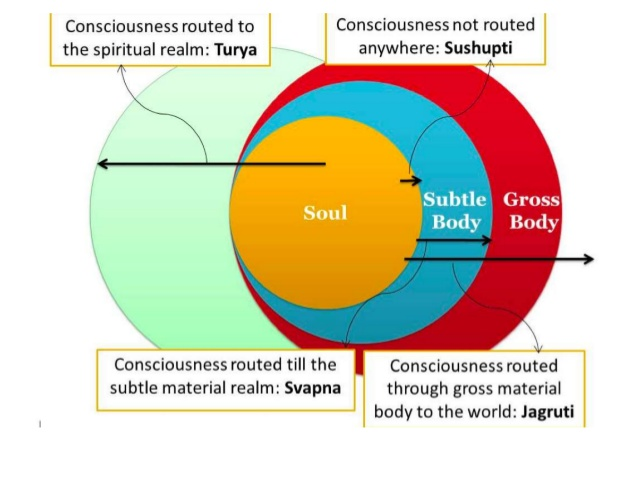
First Question : What is the Sushupti actually and why do we experience it?
उद्दालको हारुणिः श्वेतकेतुं पुत्रमुवाच स्वप्नान्तं मे सोम्य विजानीहीति यत्रैतत्पुरुषः स्वपिति नाम सता सोम्य
तदा सम्पन्नो भवति स्वमपीतो भवति तस्मादेनꣳ स्वपितीत्याचक्षते स्वꣳह्यपीतो भवति ॥ ६.८.१॥
उद्दालको हारुणिः श्वेतकेतुं पुत्रमुवाच स्वप्नान्तं मे सोम्य विजानीहीति यत्रैतत्पुरुषः स्वपिति नाम सता सोम्य
तदा सम्पन्नो भवति स्वमपीतो भवति तस्मादेनꣳ स्वपितीत्याचक्षते स्वꣳह्यपीतो भवति ॥ ६.८.१॥
Uddalaka said to his son Svetaketu: "Learn from me, my dear, the true nature of sleep. When a person has entered into deep sleep, as it is called, then, my dear, he becomes united with Pure Being (Sat), he has gone to his own Self....
....That is why they say he is in deep sleep (svapiti); it is because he has gone (apita) to his own (svam).
Now next question.
Now next question.
Why does Jiva rest in Supreme(Brahman )?
स यथा शकुनिः सूत्रेण प्रबद्धो दिशं दिशं पतित्वान्यत्रायतनमलब्ध्वा बन्धनमेवोपश्रयत एवमेव खलु सोम्य
तन्मनो दिशं दिशं पतित्वान्यत्रायतनमलब्ध्वा प्राणमेवोपश्रयते प्राणबन्धनꣳ हि सोम्य मन इति ॥ ६.८.२ ॥
स यथा शकुनिः सूत्रेण प्रबद्धो दिशं दिशं पतित्वान्यत्रायतनमलब्ध्वा बन्धनमेवोपश्रयत एवमेव खलु सोम्य
तन्मनो दिशं दिशं पतित्वान्यत्रायतनमलब्ध्वा प्राणमेवोपश्रयते प्राणबन्धनꣳ हि सोम्य मन इति ॥ ६.८.२ ॥
Just as a bird tied by a string to the hand of the bird—catcher first flies in every direction and then finding no rest anywhere, settles down at the place where it is bound, so also the mind (i.e. the individual soul reflected in the mind), my dear...... +
....after flying in every direction and finding no rest anywhere, settles down in the Prana (i.e. Pure Being); for the mind (the individual soul) is fastened to the Prana (Pure Being).
Now the third Question
Now the third Question
Why is only Supreme being (Satya/Brahman) shelter?
तस्य क्व मूलꣳ स्यादन्यत्रान्नादेवमेव खलु सोम्यान्नेन शुङ्गेनापो मूलमन्विच्छाद्भिः सोम्य शुङ्गेन तेजो मूलमन्विच्छ तेजसा सोम्य शुङ्गेन सन्मूलमन्विच्छ सन्मूलाः सोम्येमाः सर्वाः प्रजाः सदायतनाः सत्प्रतिष्ठाः ॥ ६.८.४॥
तस्य क्व मूलꣳ स्यादन्यत्रान्नादेवमेव खलु सोम्यान्नेन शुङ्गेनापो मूलमन्विच्छाद्भिः सोम्य शुङ्गेन तेजो मूलमन्विच्छ तेजसा सोम्य शुङ्गेन सन्मूलमन्विच्छ सन्मूलाः सोम्येमाः सर्वाः प्रजाः सदायतनाः सत्प्रतिष्ठाः ॥ ६.८.४॥
Where could its root be except in food (earth)? And in the same way, my dear, as food too is an offshoot, seek for water as its root. And as water too, my dear, is an offshoot, seek for fire as its root. And as fire too, my dear, is an offshoot, seek for Being (Sat) as its root.+
....Yes, all these creatures, my dear, have their root in Being, they dwell in Being, they finally rest in Being.
Sanskrit verses are quoted from sanskritdocuments.org.
Sanskrit verses are quoted from sanskritdocuments.org.
The above answer was suggested by user Pandaya at Hinduism Stack Exachange 2 years ago.
• • •
Missing some Tweet in this thread? You can try to
force a refresh

